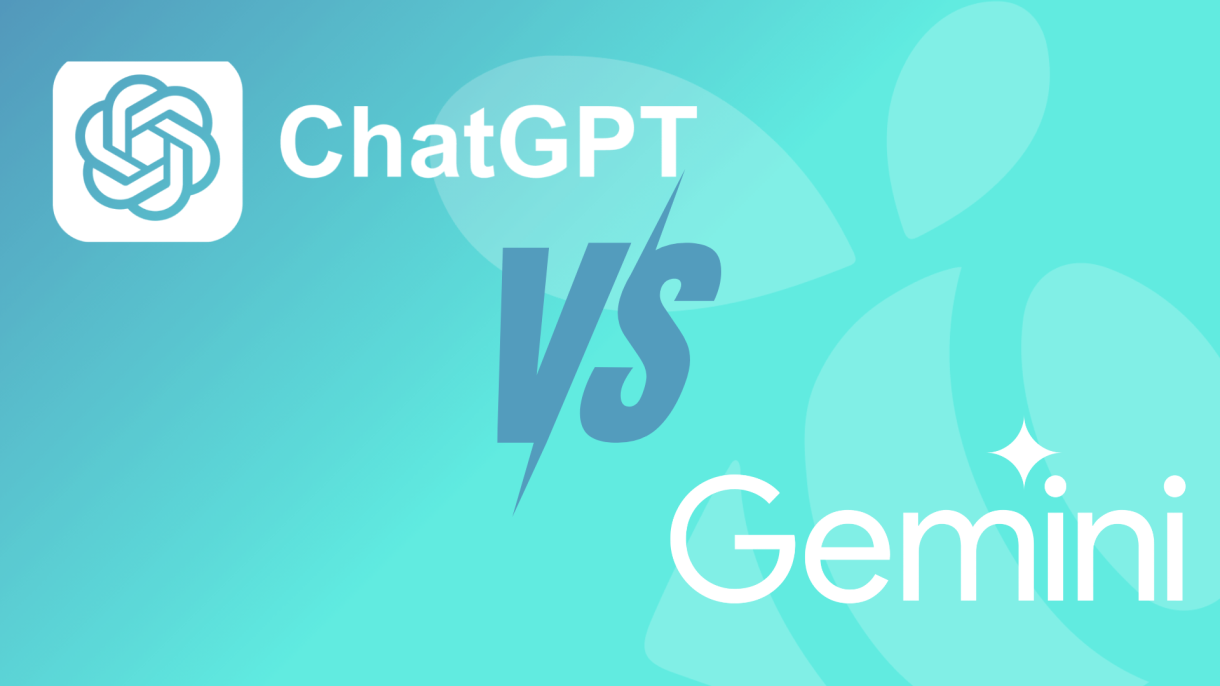AI is quickly becoming a trusted partner for sales teams—but not all AI tools are the same. ChatGPT vs Google Gemini for Sales Teams are two of the most discussed platforms on the market, each with unique strengths. If you’re in sales or RevOps, the question isn’t just which model is smarter—it’s which one makes your day easier, helps close deals faster, and integrates seamlessly into your sales process workflow.
Conversation vs. Comprehension
ChatGPT is the clear leader in creating persuasive, natural-sounding sales copy. It excels at summarizing lengthy calls into action items, drafting follow-up emails, and adapting tone for different buyer personas. Google Gemini, however, offers a strong advantage in data synthesis. It can process and combine images, audio, and text, giving it a unique ability to understand more complex customer interactions or sales materials—such as annotated screenshots or product demo recordings.
Live Context vs. Learned Memory
Gemini has a significant advantage with real-time data. Since it pulls from Google Search, it can provide live context for prospect research, competitive positioning, or industry trend analysis—all within your workspace. ChatGPT, while trained on vast data, relies more on static knowledge unless manually updated or integrated with browsing plugins. For quick prospecting, Gemini might offer fresher insights.
Let’s Talk Transcripts and Follow-Ups
This is where it gets interesting. Neither ChatGPT nor Gemini was specifically designed for sales workflows, but both can be useful. Feed them a meeting transcript, and they’ll return key points, summaries, or even draft emails. ChatGPT tends to generate clear, bulleted breakdowns, while Gemini prefers sectioned, document-style outputs. Both require you to do the setup—record the call, get the transcript, paste it in, and then copy the result elsewhere.
So, Who’s Tying It All Together?
That’s the challenge. AI tools excel at specific tasks. But in sales, the workflow is what counts. The main bottleneck is switching between call recordings, Google Docs, CRMs, and email tools. That’s why more teams are moving beyond standalone AI tools and toward integrated platforms designed for speed.
Where ZÜMI Comes In
ZÜMI is designed to make sales workflows seamless, especially at trade shows or customer-facing events. It records conversations, transcribes them instantly, summarizes them with AI, and creates tailored follow-ups—all without requiring reps to take notes or switch between apps. For sales leaders and RevOps, it also provides full visibility into real-time activity, not just after the fact.
Bottom Line
ChatGPT and Gemini are both powerful, and either can add value to your sales process. But they’re still just tools—tools that need context, input, and coordination. If you want to capture insights as they happen, act on them instantly, and keep your team aligned, you may need more than just a smart chatbot. You may need a smarter system. Like ZÜMI … give it a try.


